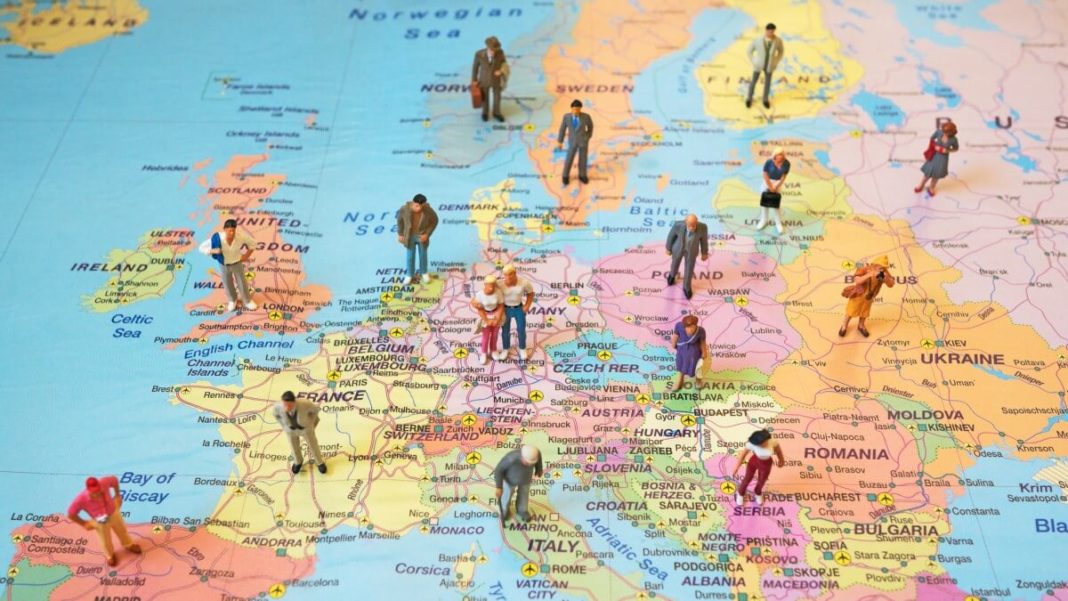About 100 cases of monkeypox have been confirmed in nine EU countries including Spain, Portugal, Germany, Belgium, France, Sweden, Italy, and the Netherlands. In addition, cases have been confirmed in other countries such as the United States, Canada, and Australia, while the outbreak was first identified in the United Kingdom.
Monkeypox is considered a rare viral infection, which has a mortality rate of less than four per cent among humans. However, getting infected with the virus could be accompanied by chills, aches, and fever, SchengenVisaInfo.com reports.
Once the fever breaks, a rash could be noticed, which can be itchy or painful, and wounds can occur on the face or genitals, with the symptoms disappearing between 14 to 21 days.
There are 85 cases of monkeypox in Spain, according to the Health Ministry, including 25 new cases confirmed on Thursday, with another 73 people currently being tested. The majority of these cases have been traced to an adult sauna party in Madrid and another pride festival on the Canary Islands.
Minister of Health Carolina Darias said Spain would buy monkeypox vaccines as part of the EU joint vaccine purchases and confirmed that the west African strain, which has a fatality rate in about 1% of cases, was the one detected in Spain.
Spain’s neighbour Portugal confirmed nine new infections on Thursday, bringing the total to 58, the majority being young men.
Portugal’s health authority DGS said the country was taking steps to establish a vaccine reserve through the European mechanism and was considering vaccinating the contacts of confirmed cases and health professionals.
Italy has recorded four cases, with two of those reportedly staying in the Canary Islands, where the outbreak is believed to have started.
Furthermore, three positive cases have been recorded in Belgium, with the local media reporting that the cases were traced back to the festival Darklands. Belgium is the first country to impose a quarantine for such cases, as those have to be isolated for 21 days. Contact cases are exempted from quarantine requirements but must remain vigilant and avoid contact.
Denmark reported its first suspected case of monkeypox on Monday, and the suspected person had reportedly recently returned from a trip to Spain.
Just like Belgium, the United Kingdom has also introduced a quarantine requirement of 21 days for confirmed cases, according to the UK Health Security Agency (UKHSA).
As of Friday, a total of 78 cases have been confirmed, with the first case also being reported in Scotland last week. scientists said the virus may have been circulating unseen for several years.
Most of the infections detected globally so far have not been severe. Many, but not all, have been reported in men who have had sex with men. Symptoms include fever and a distinctive bumpy rash.
Although only a few countries have introduced travel restrictions, the regional director at the World Health Organisation (WHO), Hans Kluge, has warned that stricter restrictions should be applied in the EU.
“As we enter the summer season… with mass gatherings, festivals, and parties, I am concerned that transmission could accelerate,” Kluge said.
On the other hand, the number of positive cases with COVID-19 throughout the EU has been dropping, with the countries lifting their travel restriction as the summer season kicks off.





